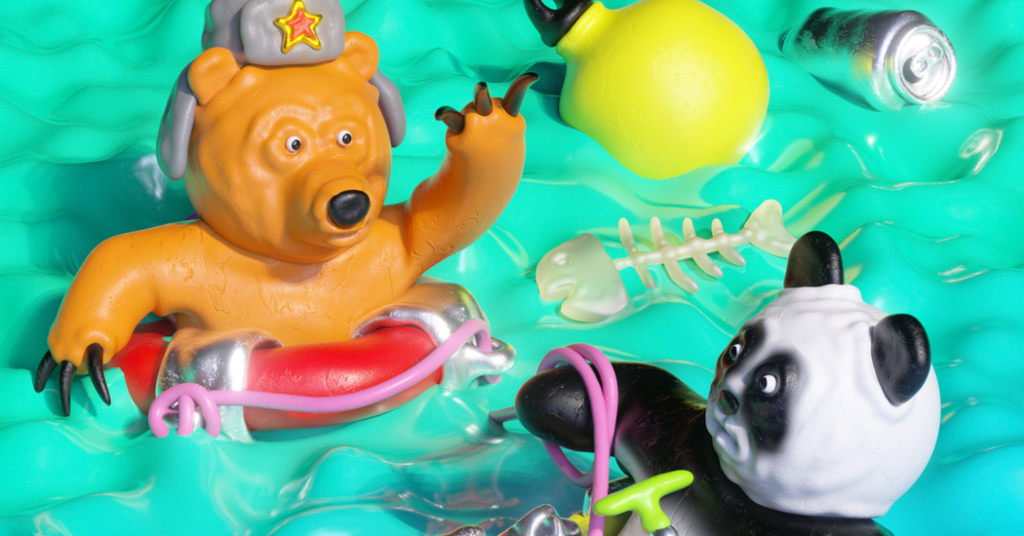The shift from Western to Eastern economic ties in Russia has been significant in recent years. Prior to the war, Russia’s trade with the European Union was double that with China, but now it is less than half. The Chinese yuan has become the main currency used for trade between the two countries, making it the most traded currency on the Moscow stock exchange and the preferred instrument for savings. This economic dependence has led to a rise in Chinese products being ubiquitous in Russia, with over half of the million cars sold in Russia last year being made in China. The top six foreign car brands in Russia are now all Chinese, with Chinese companies like Xiaomi and Tecno also dominating the smartphone market and other everyday consumer goods.
This economic reorientation is forcing Russian oligarchs, who have been blacklisted by most Western countries, to adapt to the new reality. Prominent businessman Vladimir Potanin announced that his copper and nickel empire would reorient towards China, including moving production facilities to the country. This shift reflects a move away from reliance on Western markets and towards a more integrated relationship with China for protection and stability in the face of global economic challenges.
The impact of these economic changes is being felt in education as well, with members of the Russian elite seeking Mandarin tutors for their children and considering sending them to universities in Hong Kong or mainland China instead of Western universities. This trend is not limited to the elite, as evidenced by the growing number of Russian students studying in China, which has nearly quadrupled compared to those going to the United States. This shift in educational priorities reflects the growing importance of China as a global economic and educational hub.
The reorientation of Russia’s economic ties from West to East is also evident in the middle class, particularly in travel patterns. Flights connecting Moscow and Beijing have increased, providing a quick and affordable option for travel between the two countries. In contrast, travel to European destinations like Berlin, which were frequent weekend destinations for middle-class Russians before the war, now require more time and expense. This shift in travel preferences reflects the changing economic and social dynamics in Russia, with a growing focus on East Asian countries like China for both business and leisure.
Overall, the tectonic shifts in Russia’s economic relationships, from Europe to China, have had far-reaching impacts on everyday life in the country. The dominance of Chinese products in the market, the reorientation of businesses towards China, the changing educational priorities, and the shift in travel patterns all point to a significant realignment of Russia’s economic and social ties. As Russia continues to navigate its new economic landscape, the influence of China in shaping its future trajectory is likely to grow, impacting everything from trade and investment to education and travel.







